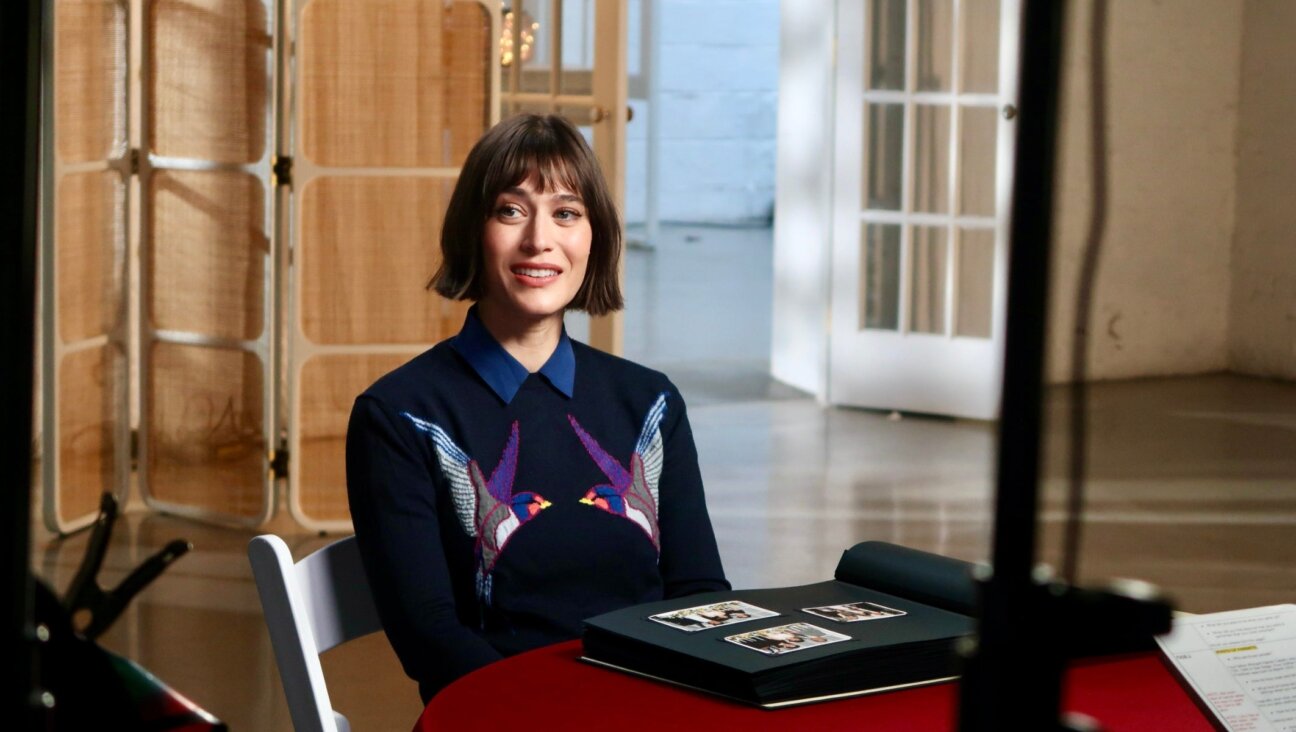Debate Underscores Orthodox Community’s Rightward Drift
Los Angeles – At a recent debate over which party should receive the Orthodox Jewish vote, the strongest Democratic Party defender was a man who once headed up Democrats for Richard Nixon and later supported former Republican senator Alfonse D’Amato.
The debate, held here at the Orthodox Union’s West Coast Torah Convention, pitted Democrat David Luchins, chair of the political science department at Touro College and a long-time vice president at the Union of Orthodox Jewish Congregations of America, against right-wing radio talk show host Michael Medved, who, unlike Luchins, hasn’t supported a candidate from the opposing party since he became a Republican in 1980.
The charged debate, attended by some 150 Orthodox convention-goers who hailed from Canada to California, opens a window onto the voting patterns of America’s Orthodox population. While the Orthodox, who make up 10% of the American Jewish population, once voted for Democrats — in keeping with American Jewry’s standing as one of the country’s most liberal voting blocs — in recent years they have slid heavily to the right, according to the O.U.’s own data. In addition, as Luchins’s own willingness to embrace Republican candidates underscores, they are more likely than other American Jews to cross party lines.
“Orthodox Jews are much more of a swing-vote constituency and are more prepared to vote for a conservative Republican than other segments of the Jewish community,” said Nathan Diament, the O.U.’s director of public policy. “What we’ve seen over the past few election cycles is that Orthodox voters are very much issue-driven voters, with Israel and terrorism and security issues at the top of their list.”
Diament pointed to O.U. data from the past two election cycles that illustrate the Orthodox lurch to the right. In 2000, Orthodox voters supported the Gore-Lieberman ticket, but by 2004, the Orthodox community voted 70% for the Bush-Cheney ticket.
A possible wildcard in the upcoming presidential election could be the emergence of a McCain-Lieberman ticket. At the debate, Medved hinted that based on “private conversations” with McCain, the bipartisan pairing was a strong possibility.
While the Orthodox may be voting in large numbers for Republican candidates, a recently released survey of American Jewish Opinion, conducted annually by the American Jewish Committee, showed that the Orthodox still identify in greater numbers as Democrats. According to the AJCommittee survey for 2007, 42% of Orthodox respondents identified themselves as Democrats, while 30% identified as Republicans.
According to Jewish demographer Steven Cohen, there is no contradiction between the recent AJCommittee survey results and the increasing Orthodox preference for Republican candidates. “People change their vote ahead of their party affiliation, so it’s very possible that they voted for Republicans even if they haven’t changed their party affiliation,” Cohen said.
The AJCommittee survey results also show that while the Orthodox are moving rightward, America’s other mainstream denominations continue to populate the ranks of the Democratic Party in disproportionately high numbers. Sixty-two percent of Conservative Jews identified as Democrats, while only 15% said they were Republicans. And in the Reform movement, which falls on the liberal end of the spectrum, 58% of respondents identified as Democrats, while 15% identified as Republicans.














